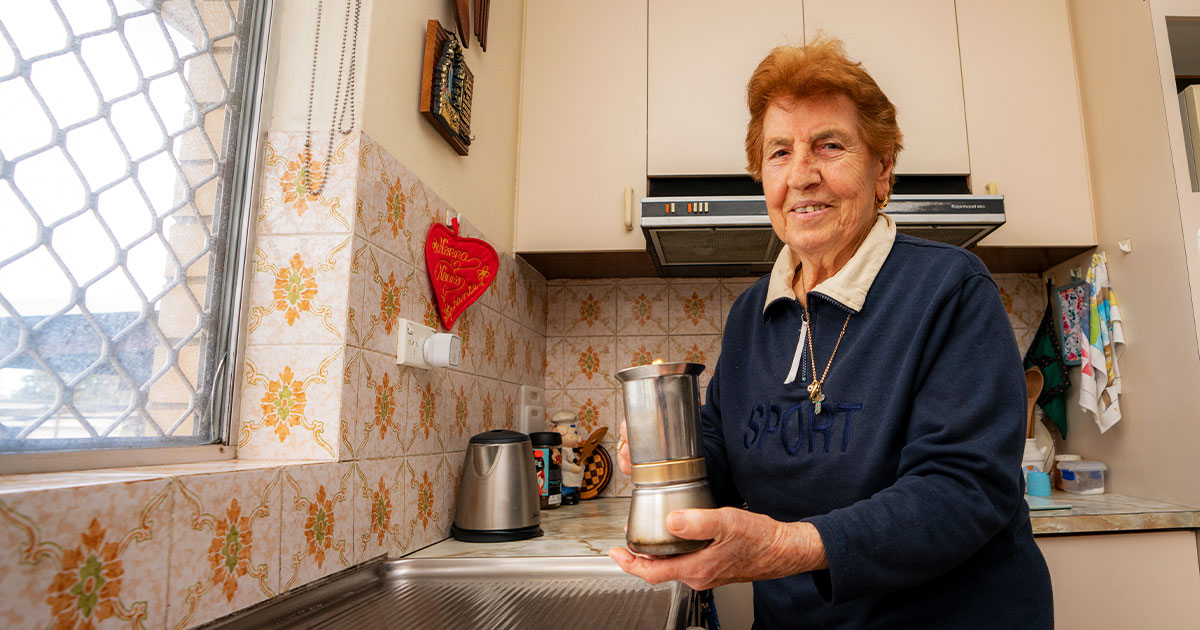
InteliCare for Seniors
Stay in your home and live the life you want, while having the confidence that your family knows you’re safe.
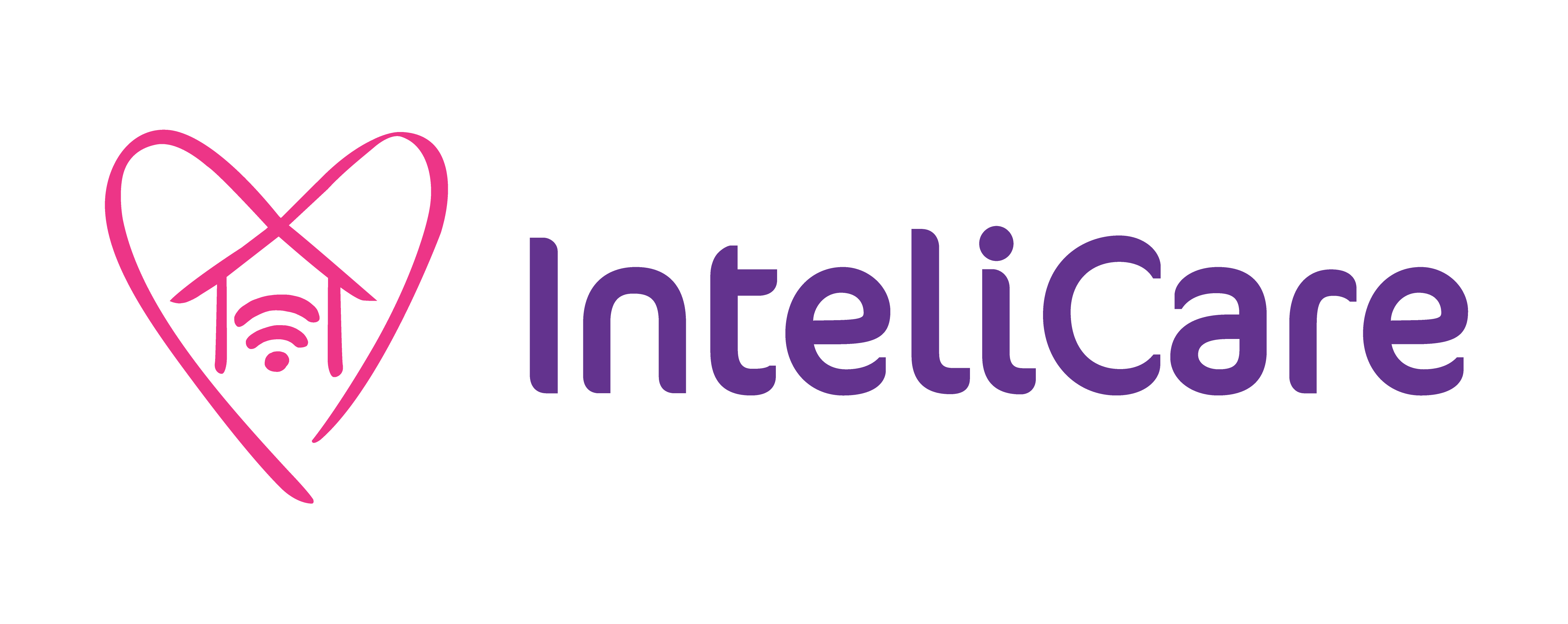
You are here: Home
The InteliCare journey starts when small, camera-free sensors are placed in the home.
The placement of the sensors can be completely customised to suit the needs of an individual and their caregiver, however, in a standard scenario most people opt to put motion sensors in the bedroom, living room and bathroom. Door sensors are typically placed on house entries and exits (including sliding doors). In the kitchen, door sensors are placed on the fridge or pantry, and electrical smart switch sensors are connected to appliances.
Within a week these sensors learn a person’s routine, what time they typically wake up, how often and when they prepare meals, if they wander in the night and more. This information is sent to the InteliCare platform (mobile app or desktop dashboard).
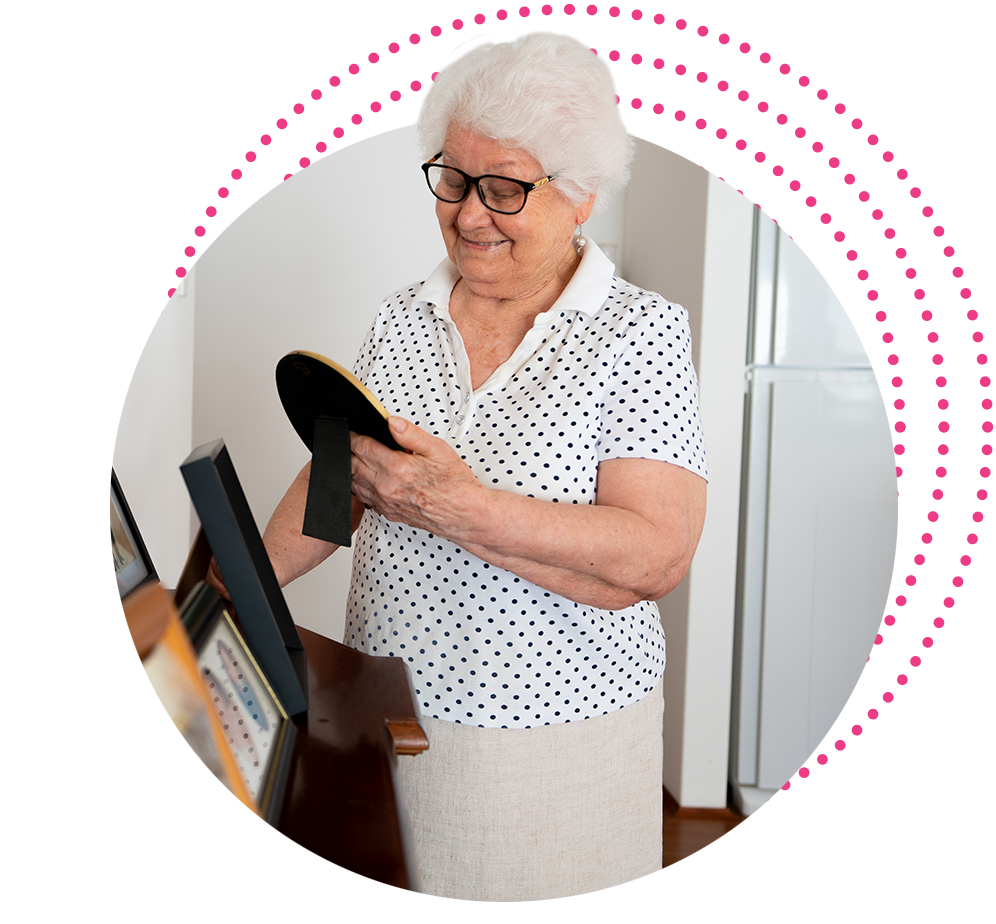
InteliCare sends the information collected by the sensors to the mobile app and desktop dashboard for care givers to access. The data is displayed in easy to understand graphs which clearly highlight when behaviour is outside the expected parameters.
The platforms update and analyse the data in real time, meaning care givers can unobtrusively check in 24/7.
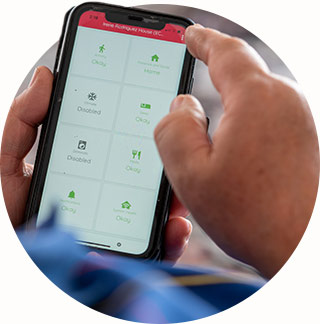
If InteliCare doesn’t detect any changes to the routine it will send the app users a daily ‘everything’s ok’ notification. This allows caregivers to remain informed, without having to continuously check the app.
If InteliCare detects changes, such as an individual has failed to get out of bed at the expected time, an alert will be sent to the caregivers. Notifications will be sent to caregivers if there is a non-urgent change in routine, for example ‘meal preparation is down 30% in the last week’.
By detecting and highlighting changes, InteliCare shows caregivers signs of deterioration that might have been missed.
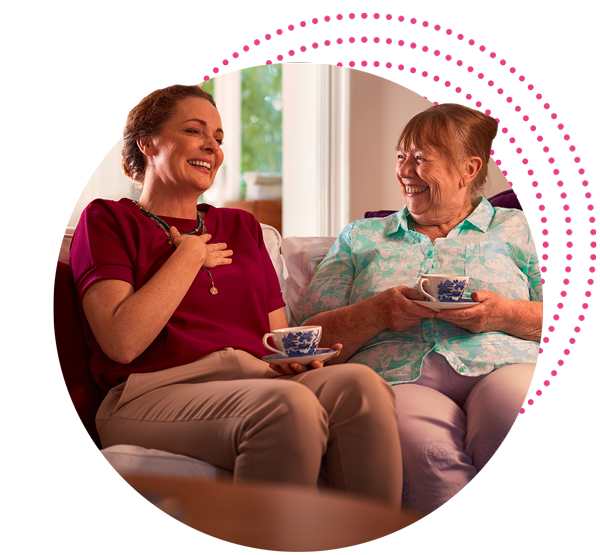
Changes in routine can be an indication of physical or mental health issues, for example, increased bathroom visits may indicate a urinary tract infection, and a reduction in social outings could be a symptom of depression.
By highlighting these changes of routine, which otherwise would’ve gone unnoticed, InteliCare empowers caregivers to adapt their care proactively. This means an individual gets help before an incident, such as a fall, occurs due to deuteriation.
Proactive care can reduce the risk of hospitalisation, which can empower people to live independently for longer.
In addition to smart sensors, InteliCare users can also incorporate over 60 TGA and FDA approved health metrics devices. This includes iHealth, FitBit and Garmin devices.
This has the potential to provide organisations and individuals with a 360-view of health and wellness.
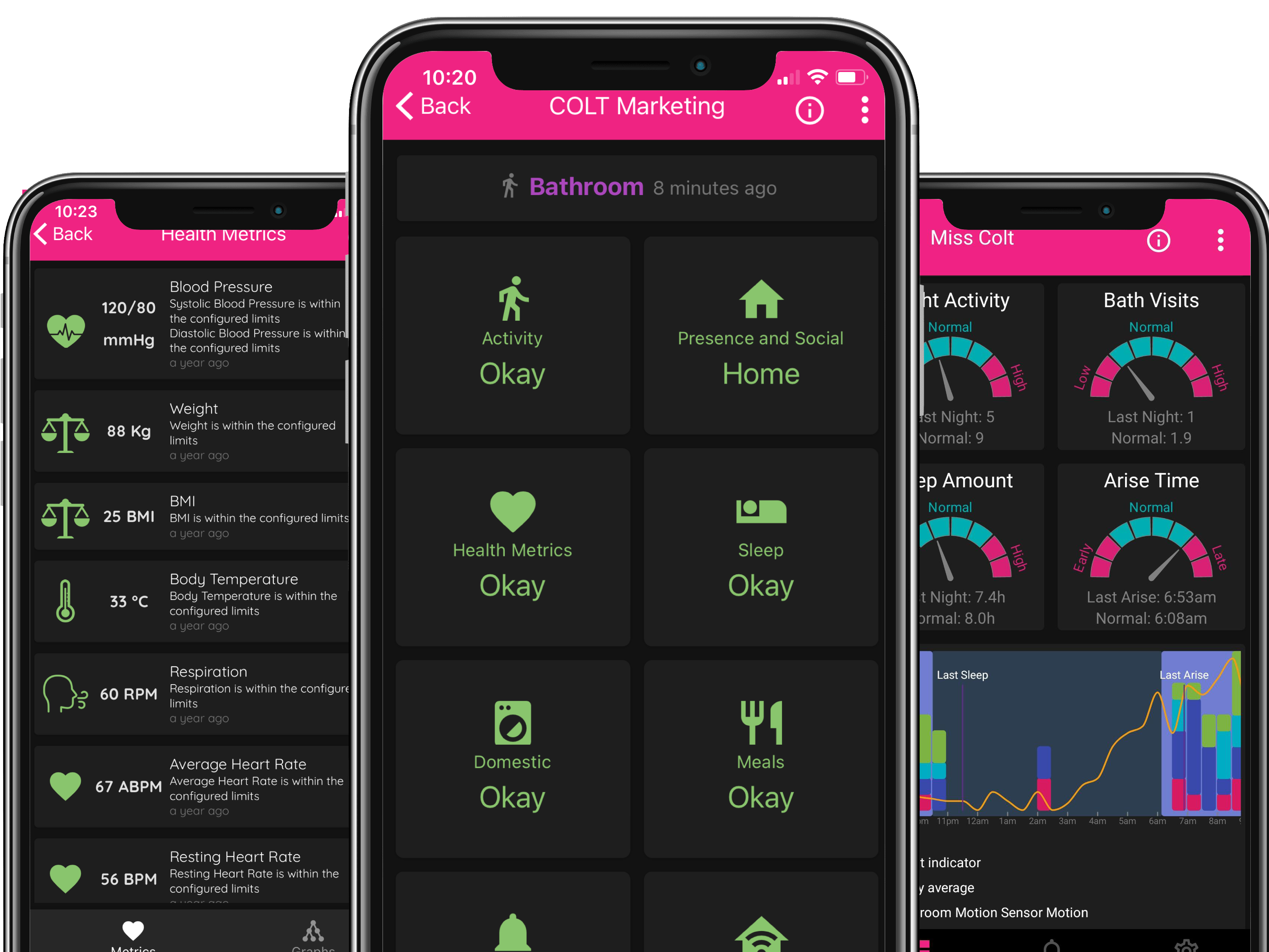

Easy, smart sensors with no wiring and no cameras

Our smart 24/7 system learns your routines without invading privacy

Care team receives regular updates and alerts from InteliCare

Stay in your home and live the life you want, while having the confidence that your family knows you’re safe.
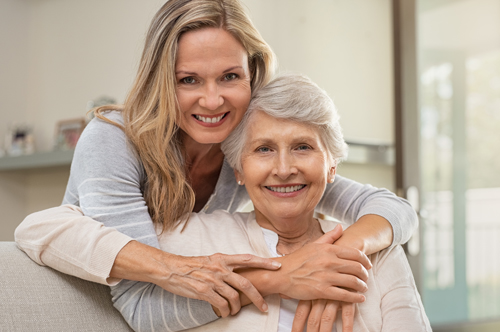
If you have an ageing parent, learn how InteliLiving is keeping families connected whilst providing independence.
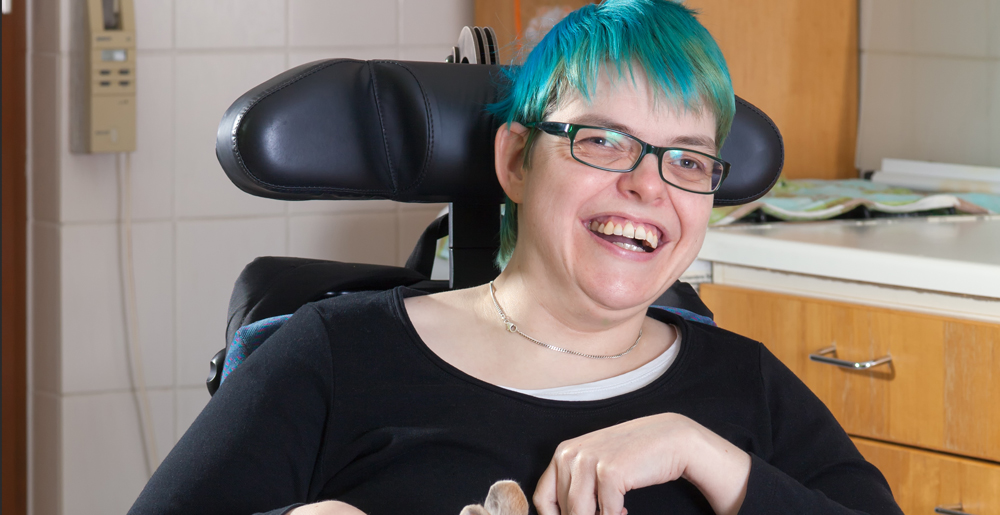
Live independently and create a home that cares for you. NDIS-approved smart home solutions for people with disability.
"Without InteliLiving, everything would be much more difficult to manage for both June and me. Supporting June so she can live at home would be much more stressful.”
Caroline & June's story
"I’ve got enough worries in my life. To have one less is even better."
Frank & Irene's story